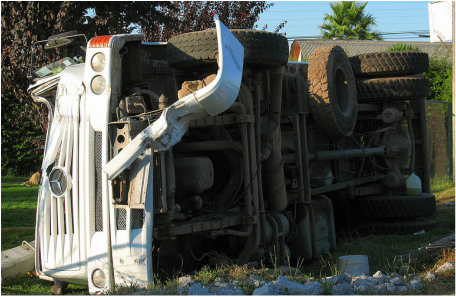
We work hard to keep life safe for ourselves and those we love, but let's face it, most of life is out of our control. It's important to understand the essence of trauma when "bad things" happen.
There are some surprising facts about trauma that may help you to avoid some of the life-altering effects of these distressing events. This information may also help you to understand the best ways to manage the aftermath of trauma.
Think of traumatic incidences being written with fire on the amgydala, a small organ in the brain which I describe as the "seat of emotions". These events are recorded not in fire, but in adrenalin so that the brain never forgets. The mind/brain does not want you to forget because the event was so life-threatening that you got out your "fire pen" and recorded it on the stone tablets/amygdala.
Your brain/mind wants you to avoid such situations again. This is why posttraumatic stress disorder (PTSD) is so very tough to treat. The mind/brain says, "Oh no you don't! The last time something like this happened, you almost didn't make it out."

Look at your own family and their experiences. Have children "inherited" this vulnerability from others? If so, it's not their fault, but it sure will be their responsibility. Make sure they get the support they need.
Sensation seekers drive fast (they oftentimes are described as needing a "flight plan" when they get on the freeway) and they follow too close while their passengers have the white-knuckle grip on the "Oh my G-d" handle of the car frame.
Interestingly enough, sensation seekers don't get into accidents as often as us scaredy-cats. They may have more effective visual processing and motor skills and quicker responses times than the rest of us. Good for them.
What can you do? Be aware and take actions when trauma symptoms pop up. You can't erase the frightening past, but you can minimize its damaging effects.
Just do the best you can,
TTFN, Claudia



